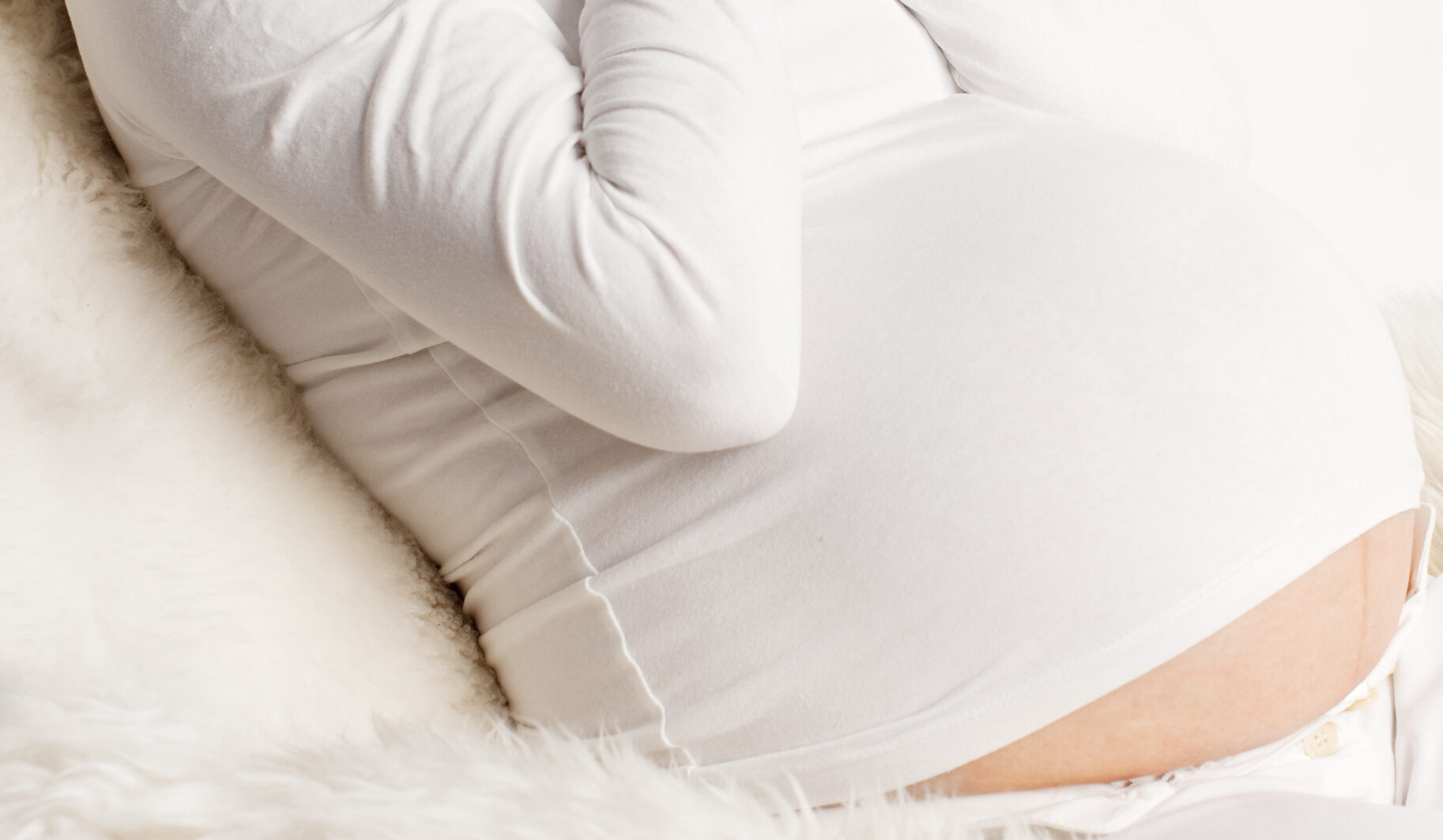Intestacy in New South Wales occurs when someone passes away without a valid will. Ultimately, it means the person didn’t specify how they wanted their assets distributed. In such cases, the state’s laws step in (in NSW, this is the Succession Act 2006) to determine how the deceased person’s estate will be divided among family members.
Below simplifies the complexities of intestacy laws in NSW, offering a clear overview as to what order the law will take when deciding how a deceased’s assets will be distributed.
1. Spouse(s) & Children
- The current spouse is entitled to the whole estate unless the deceased has children from a previous relationship.
- If the deceased also has children from a previous relationship, the spouse is entitled to: all the personal effects. a statutory legacy (as of October 2023 – $400,000) and half of the remainder of the estate.
2. No Spouse(s), but children
- Children of the deceased will be entitled to the estate in equal shares.
- If any child dies before the deceased, leaving children, (grandchild of the deceased), the grandchildren will take their parent’s share equally.
3. Parents
When there is no spouse and no children:
- The parents of the deceased are entitled to the estate in equal shares.
4. Siblings
When there is no spouse, no child and no parents:
- The siblings of the deceased are entitled to the estate in equal shares.
- If one or more of the siblings die before the deceased and leave children (nieces or nephews), the nieces or nephews will take their parent’s share equally.
5. Grandparents
When there is no spouse, no children, no parents and no siblings:
- The grandparents of the deceased are entitled to the estate in equal shares.
6. Aunts & Uncles
When all of the above are exhausted:
- Aunts & Uncles are entitled to the estate in equal shares.
- If one or more of the Aunts or Uncles die before the deceased and leave children, then those children will take their parent’s share equally.
7. NSW Government
- When all of the above is exhausted, the NSW Trustee and Guardian will receive the whole of the estate.
8. More than one spouse
- If you die with more than one spouse & no children: both spouses are presumed to the estate in equal shares, subject to further order.
- If you die with more than one spouse & children with any surviving spouse: both spouses are presumed to be entitled to the estate in equal shares subject to further order.
- If you die with more than one spouse & children are not shared with any surviving spouse, the surviving spouse, subject to further order are presumed to be entitled to:
- The deceased’s personal effects in equal shares.
- The statutory legacy in equal shares. (As above in 1).
- One-half of the remainder of the estate in equal shares.
For more information please contact one of our experienced estate lawyers.










